Praise for Latino Leaders Speak
Very few people understand the power of personal story better than Mickey Ibarra. It's the power to engage, inspire and transform both the storyteller and listener by inviting them to take a shared journey, from the launch of the quest, through times of adversity, to a place where they can serve as leaders in their community. More than that, story can help people come together by making them more human and relatable across political, ethnic and gender divides. Ibarra gathers prominent Latinos to share their stories with the next generation of leadersLatino and non-Latino alikeat a time when shared stories are so badly needed. Latino Leaders Speak belongs in every American classroom.
Giovanni Rodriguez, Forbes contributor and founder of The Silicon Valley Story Lab
Our stories are powerful and need to be told. That simple yet seminal statement in Latino Leaders Speak is precisely what makes this book required reading. Many times our stories are not told, or are told through a stereotypical, negative lens. Many of the contributors are well known in the Latino community, but their personal stories are not. Mickey Ibarras eye-opening personal story itself serves as a source of inspiration, and these Latino leaders stories will help inspire the community to realize that it is possible to achieve ones dreams and goals despite obstacles.
Patricia Guadalupe, Contributing Writer, NBC Latino, and Washington Editor, Latino Magazine
Latino Leaders Speak: Personal Stories of Struggle and Triumph is funded in part by a grant from the City of Houston through the Houston Arts Alliance.
Recovering the past, creating the future
Arte Pblico Press
University of Houston
4902 Gulf Fwy, Bldg 19, Rm 100
Houston, Texas 77204-2004
Cover design by Victoria Castillo
Names: Ibarra, Mickey, editor of compilation. | Perez-Brown, Maria, 1961- editor of compilation.
Title: Latino leaders speak : personal stories of struggle and triumph / Mickey Ibarra and Mara Prez-Brown, editors.
Description: Houston, TX : Arte Pblico Press, [2017]
Identifiers: LCCN 2017003704| ISBN 9781558858435 (alk. paper) | ISBN 9781518501272 (kindle) | ISBN 9781518501289 (pdf)
Subjects: LCSH: Hispanic AmericansBiography. | SuccessUnited States. | LeadershipUnited States.
Classification: LCC E184.S75 L36232 2010 | DDC 973/.0468 dc 3 LC record available at https://lccn.loc.gov/2017003704
 The paper used in this publication meets the requirements of the American National Standard for Information SciencesPermanence of Paper for Printed Library Materials, ANSI Z39.48-1984.
The paper used in this publication meets the requirements of the American National Standard for Information SciencesPermanence of Paper for Printed Library Materials, ANSI Z39.48-1984.
Copyright 2017 by Latino Leaders Network
Printed in the United States of America
17 18 19 20 5 4 3 2 1
Table of Contents
Henry Bonilla
Congressman, U.S. House of Representatives
Susan Castillo
State Superintendent of Schools, State of Oregon
Joaqun Castro
Congressman, Texas 20th District
Francisco G. Cigarroa
Physician & Chancellor, The University of Texas System
Henry G. Cisneros
U.S. Secretary of Housing & Urban Development
Virgilio P. Elizondo
Reverend Father & Professor, The University of Notre Dame
Lily Eskelsen-Garca
President, National Education Association
Alberto R. Gonzales
U.S. Attorney General
Carlos Gutirrez
Businessman & U.S. Secretary of Commerce
Luis V. Gutirrez
Congressman, U.S. House of Representatives
Jos Hernndez
Astronaut, NASA
Maria Hinojosa
Producer, Author & Journalist
Dolores Huerta
Civil Rights Activist & President, Dolores Huerta Foundation
Mel Martnez
U.S. Senator & U.S. Secretary of Housing & Urban Development
Robert Bob Menndez
U.S. Senator
Omar Minaya
General Manager, NY Mets
Gloria Molina
County Supervisor, Los Angeles County
Richard Montaez
Author & Executive Vice President, PepsiCo
Janet Murgua
President & CEO, National Council of La Raza
Soledad OBrien
Journalist, Producer & Anchor, CNN
Federico Pea
Mayor, City of Denver
Thomas E. Prez
Chair of the Democratic National Committee & U.S. Secretary of Labor
William Bill Richardson
Governor, New Mexico
Adam Rodrguez
Actor & Screenwriter
Ken Salazar
U.S. Secretary of the Interior
Mara Elena Salinas
News Anchor, Univision
Ricardo Snchez
Lieutenant General, U.S. Army
Hilda L. Solis
U.S. Secretary of Labor
Lionel Sosa
Author, Advertising Executive & Artist
Julie Stav
Financial Expert & Best-Selling Author
Leticia Van De Putte
Texas State Senator
Nydia M. Velzquez
Congresswoman, New Yorks 7th District
Antonio Ramn Villaraigosa
Chairman, Democratic National Convention & Mayor, Los Angeles
Introduction

Mickey Ibarra
Founder & Chairman
Latino Leaders Network
I was an Assistant to the President of the United States and Director of Intergovernmental Affairs at The White House before mustering the courage to publically share my personal story.
President Bill Clinton showed me the way by sharing his story often. First by introducing himself to the American people during the campaign of 1992 using a video biography called The Man from Hope. This method had never been used before by a presidential candidate and proved to be an effective vehicle for delivering an inspirational message of obstacles overcome to achieve success.
My experience at 1600 Pennsylvania Avenue for nearly four years and observing reactions to the presidents story triggered my desire to help others by sharing mine. Our stories are powerful and need to be told; when we do, it gives readers and listeners confidence to achieve their dreams as well.
Now my story: only in America could a Mexican kid who grew up in Utah foster care end-up being a witness to history, working alongside the President of the United States. Thirty-two years after arriving in Washington, I still feel a great deal of gratitude for the lessons learned from the many people who helped me along the way. Please understand that I share my story knowing that every detail may not be accurate but rather, is my best memory and understanding of the facts and sequence of events.
My father, Francisco Nicols Santiago Ibarra, is a Zapotec Indian who came to this country as a bracero from Oaxaca, Mexico in 1945. His first job was picking fruit in Spanish Fork, Utah. Eventually he left the fields and landed a job at Kennecott Copper Mine as a demolition crew member. It was a union job with better pay, benefits and security.
Dad met and married my mother who was younger, white and Mormon. In the early 1950s that was unacceptable for most in Salt Lake City. By the time I was two years old, the predictable happened: my parents divorced causing my father to lose his military draft deferment. He was soon drafted into the United States Army and sent to Germany. Soon after the divorce, my mother, who was 18 years old, relinquished custody of my younger brother David and me to the Childrens Service Society of Utah. We were placed together in foster care.
For most of the first fifteen years of my life, we were without traditional parents. As kids, we both wondered about who we were and why we were alone, but we coped with our experience differently. I was the peacemaker and negotiator with a lot to say and always feeling a responsibility to help David make it. But despite my best efforts, David withdrew. He was extremely shy, afraid and angry. David would not talk. I literally talked for him. His teachers at elementary school would come and get me out of class when he was acting-up to settle him down. He often would go to the restroom, hide in the stalls and would not emerge for anyone else.


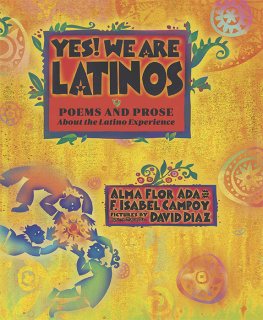
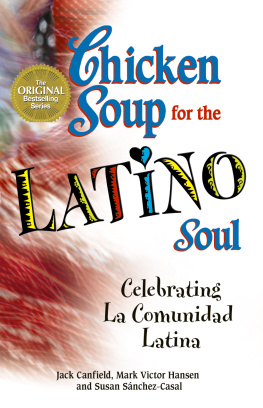

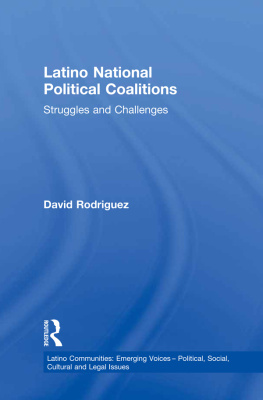
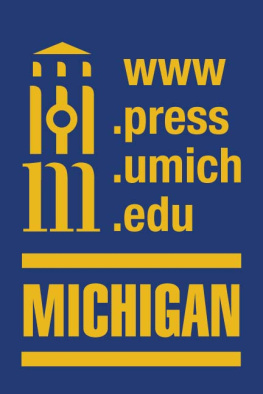
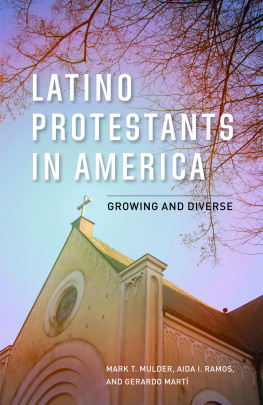
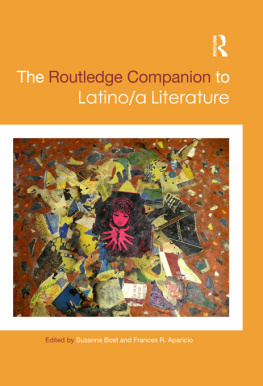

 The paper used in this publication meets the requirements of the American National Standard for Information SciencesPermanence of Paper for Printed Library Materials, ANSI Z39.48-1984.
The paper used in this publication meets the requirements of the American National Standard for Information SciencesPermanence of Paper for Printed Library Materials, ANSI Z39.48-1984.